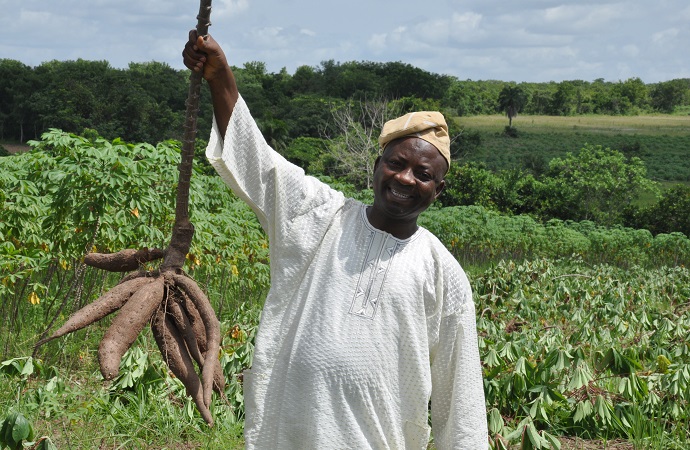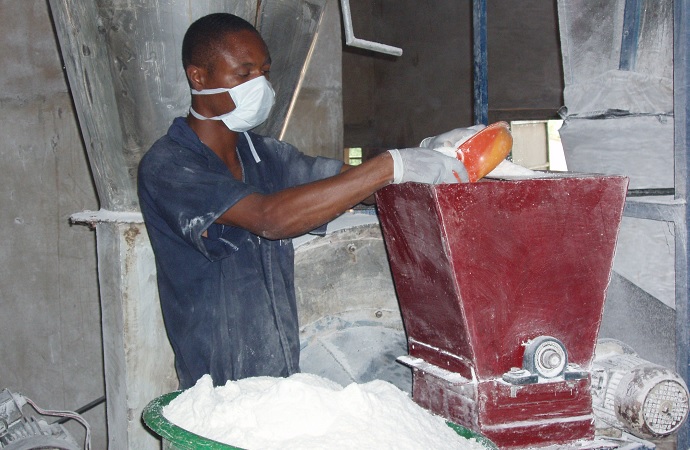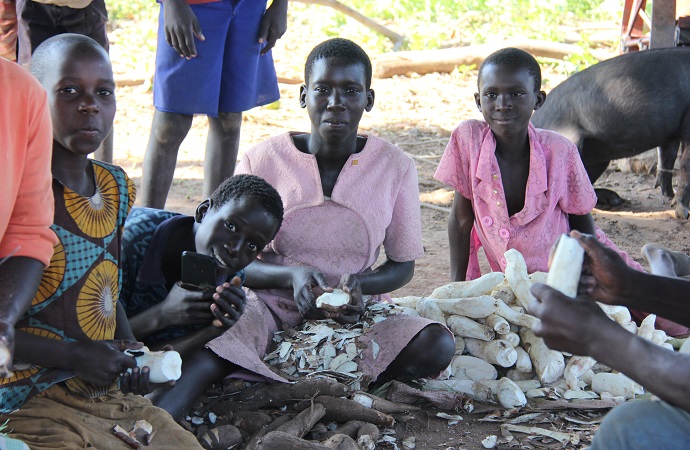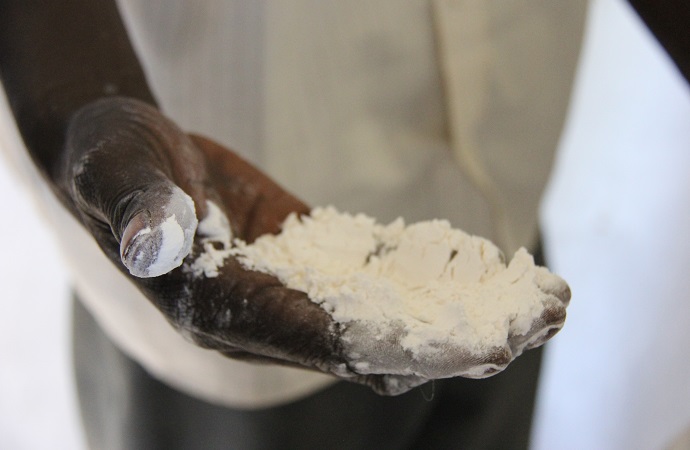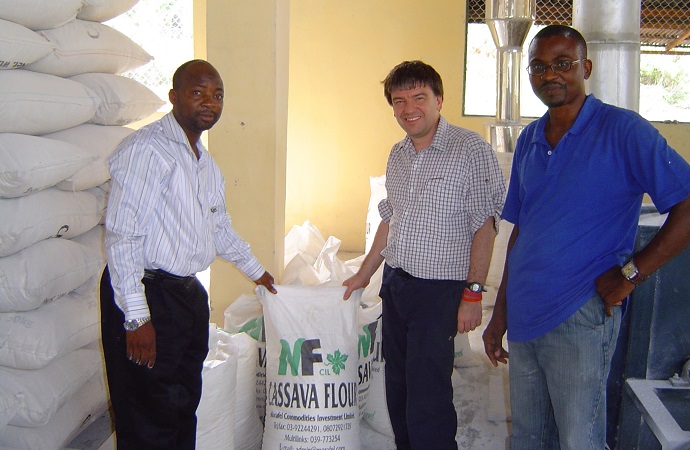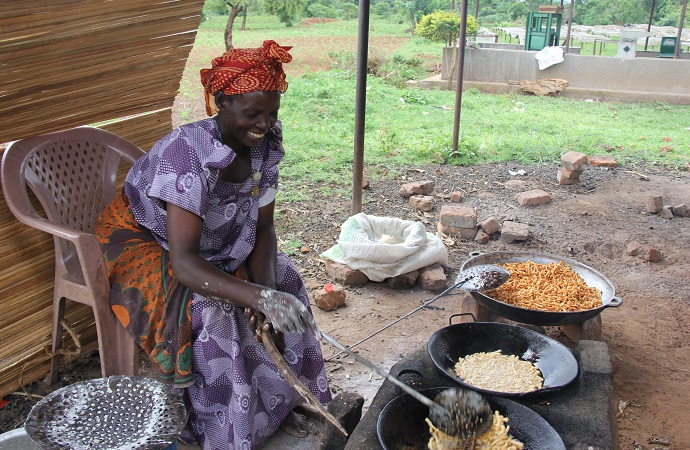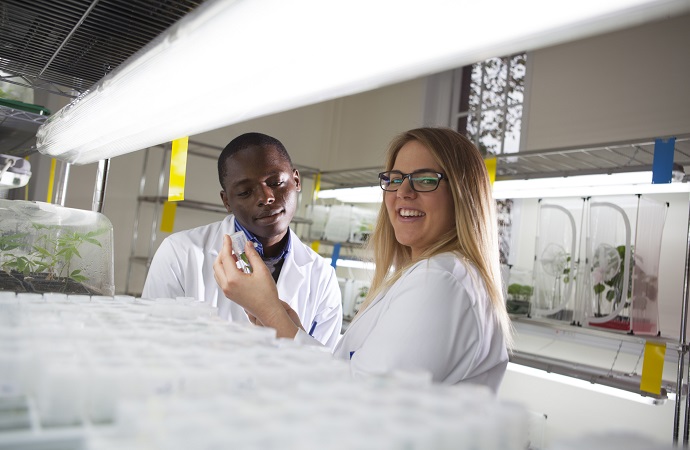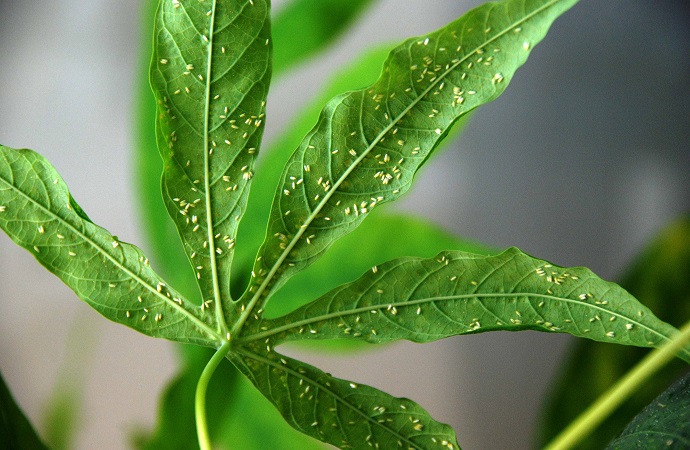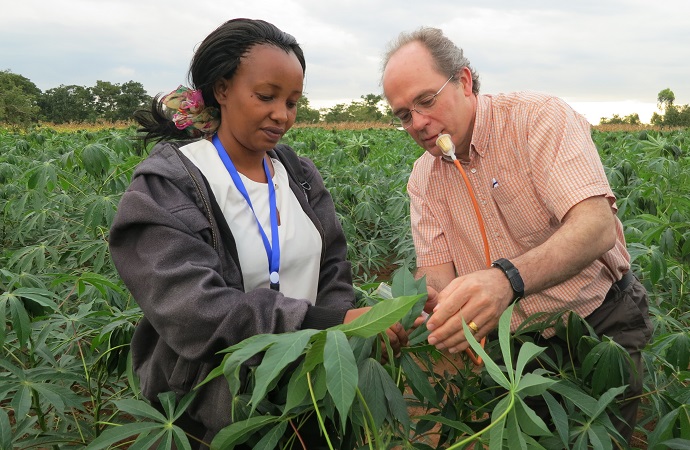The University of Greenwich’s Natural Resources Institute (NRI) has been awarded a Queen’s Anniversary Prize for Higher and Further Education for its collaborative work on cassava. The Institute’s work on cassava also received the Times Higher Education Award for International Collaboration of the Year in 2014 and the Guardian Award for Research Impact in 2015.
Cassava is an important food security crop for millions in the developing world, especially in Africa. Despite many agronomic advantages, the crop's contribution to the livelihoods of the poor is hindered by pests, diseases, a short shelf-life and bulkiness which also hamper market access.
Working in collaboration with partners from over 17 countries, NRI’s team of over thirty experts and 15 postgraduate research students undertake world-leading research and development activities to address key challenges across the cassava value chain, from farm to fork. Our research has generated more than 200 publications in recent years and our work has had significant impact.
NRI’s collaborative activities focus on four key areas:
• Overcoming emergent diseases threatening cassava production
• Adding value through processing and business development
• Managing waste within the value chain for economic returns
• Strengthening the capacity of developing country scientists and practitioners
The main funders of NRI’s work have been the UK Department for International Development, the Bill & Melinda Gates Foundation, the European Commission, the African Union, International Fund for Agricultural Development and CGIAR centres among others.

